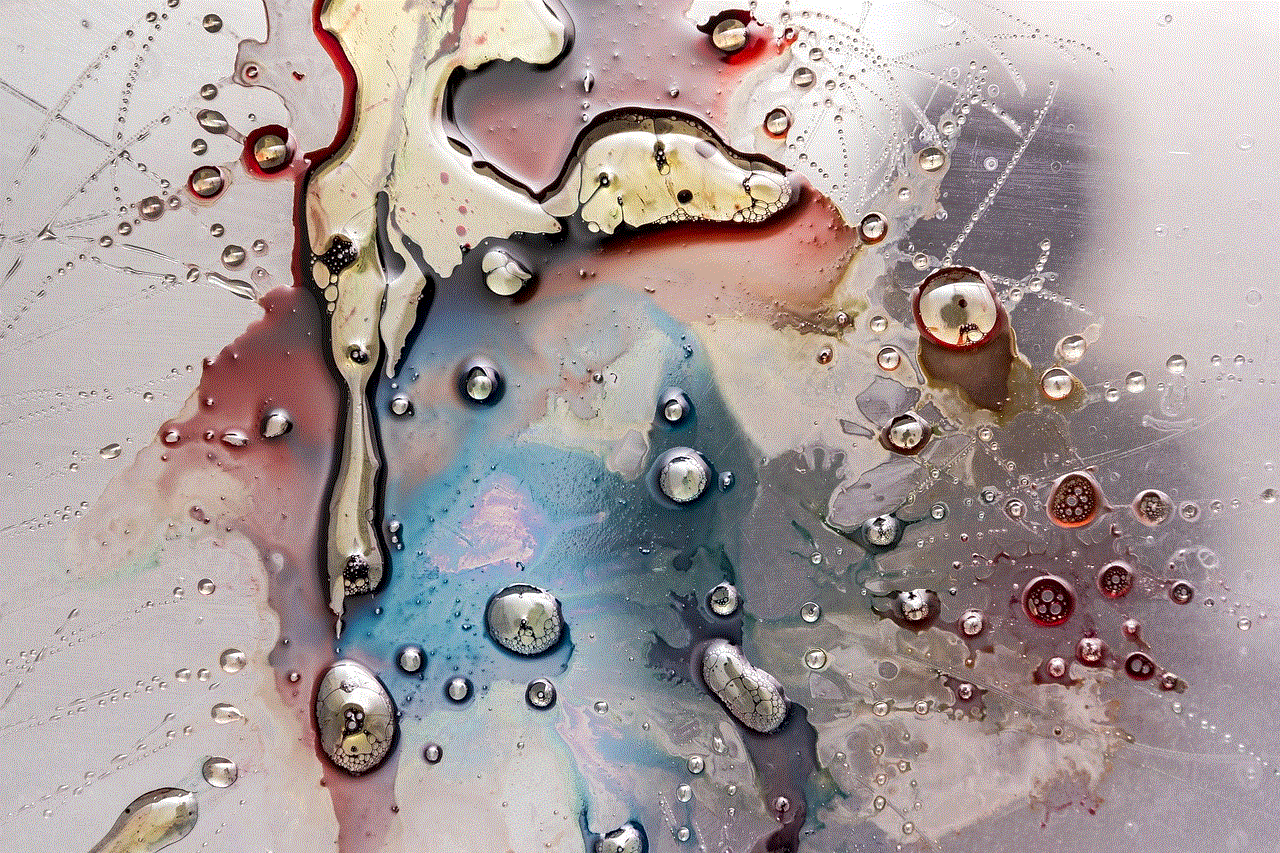gg wp meaning
GG WP (Good Game, Well Played) is a common phrase used in the world of online gaming. It is a sign of sportsmanship and respect between players after a match has ended. In this article, we will explore the origin of this phrase, its significance in the gaming community, and its impact on the gaming culture.
The Origin of GG WP
The phrase GG WP originated in the early days of online gaming, specifically in the realm of multiplayer strategy games. It is believed to have originated from the real-time strategy game StarCraft, which was released in 1998. In StarCraft, players would often type “GG” in the chat box to signify that they were conceding defeat. This was a way of acknowledging the skill and strategy of their opponent.
As online gaming continued to grow in popularity, the phrase “GG” became more widespread. It was eventually accompanied by “WP,” which stands for “Well Played.” This was a way for players to not only acknowledge defeat but also to recognize the skill and effort of their opponent in the match.
Since its inception, GG WP has become a staple in online gaming, used in a variety of games such as League of Legends , Dota 2, Counter-Strike, and many others. It has also extended beyond the gaming community and is now used in other online competitive environments, such as e-sports tournaments and even in social media interactions between gamers.
The Significance of GG WP in the Gaming Community
GG WP has become more than just a phrase in the gaming community; it has become a symbol of sportsmanship and respect. In a highly competitive environment, where emotions can run high, this phrase serves as a reminder to players to remain respectful towards their opponents. It is a way of acknowledging that both players have put in effort and skill into the game, regardless of the outcome.
In addition to promoting sportsmanship, GG WP also helps to foster a positive gaming culture. Online gaming can often be a toxic environment, with players hurling insults and derogatory remarks at each other. GG WP serves as a counter to this negativity, encouraging players to end the game on a positive note and potentially even make friends with their opponents.
Furthermore, GG WP also serves as a form of communication between players who may not speak the same language. In a global gaming community, where players from different countries come together to play, this phrase has become a universal way of showing respect and acknowledging a good game.
The Impact of GG WP on Gaming Culture
The use of GG WP has had a significant impact on gaming culture. It has helped to shape a more positive and respectful community within the gaming world. In the past, online gaming was often associated with toxic behavior and cyberbullying. However, the use of GG WP has helped to combat this negative stereotype and promote a more friendly and welcoming environment for gamers.
GG WP has also become an integral part of the language and communication within the gaming community. It is now used not only to signify the end of a match but also as a way of expressing gratitude towards teammates and opponents. It has become a way for players to show appreciation for a well-played game, regardless of the outcome.
Furthermore, GG WP has also given rise to the concept of “honor” in online gaming. In games such as League of Legends, players can commend their opponents with “honors” after a match, which serves as a form of recognition for their sportsmanship and skill. This has further encouraged players to adopt a more positive and respectful attitude towards each other.
The Future of GG WP
As online gaming continues to evolve and grow, the use of GG WP is likely to remain a fundamental aspect of the gaming culture. It has become deeply ingrained in the language and communication of gamers, and its significance and impact are unlikely to diminish anytime soon.
However, with the rise of voice chat and live streaming in gaming, the use of GG WP may shift from text-based communication to verbal exchanges. This could potentially lead to a more personal and genuine expression of sportsmanship and respect between players.
In addition, the use of GG WP has also sparked debates and discussions within the gaming community. Some argue that it has become too automated and insincere, with players using it as a mere formality rather than a genuine expression of sportsmanship. Others believe that it has become a way for players to mask their toxicity and negative behavior towards their opponents.
Despite these debates, the phrase GG WP remains a significant and integral part of the gaming community. It has helped to shape a more positive and respectful gaming culture and has become a symbol of sportsmanship and camaraderie between players.
In conclusion, GG WP is more than just a phrase in the world of online gaming. It is a symbol of sportsmanship, respect, and positivity. Its impact on gaming culture has been significant, and its use is likely to continue for years to come. So, the next time you finish a match in an online game, don’t forget to type GG WP in the chat box and show your opponent some well-deserved appreciation.
am i being tracked
In today’s digital age, it is a common concern for many people to wonder if they are being tracked. With the rise of technology and the widespread use of the internet, it is becoming increasingly difficult to maintain privacy and anonymity. From social media platforms to search engines, our every move is being monitored and recorded. This has led to a growing fear and uncertainty about the extent to which we are being tracked and the potential consequences of it.
To fully understand the concept of being tracked, it is important to first define what it means. Being tracked refers to the act of monitoring an individual’s actions, movements, or data without their knowledge or consent. This can be done through various means such as tracking cookies on websites, GPS location tracking, and data collection through apps and devices.
One of the most common ways in which people are being tracked is through their online activities. When we browse the internet, our every move is being recorded through cookies, which are small pieces of data that are stored on our computer s by websites we visit. These cookies track our browsing history, online purchases, and even our personal information such as name, age, and location. This information is then used by companies to target us with personalized advertisements and to gather data for market research. While this may seem harmless, it is a clear invasion of privacy and a concern for many individuals.
Another way in which we are being tracked is through our smartphones. Most modern smartphones are equipped with GPS technology, which allows them to track our location at all times. This information is then shared with various apps and services, such as Google Maps and social media platforms, to provide us with personalized recommendations and advertisements. While this may seem convenient, it also raises concerns about the extent to which our movements are being monitored and who has access to this information.



Perhaps the most concerning aspect of being tracked is the potential for our personal information to be used for malicious purposes. With the rise of cybercrime, there is a growing risk of our personal data being stolen and used for identity theft or other fraudulent activities. This is especially concerning for those who are not tech-savvy or do not take the necessary precautions to protect their online privacy.
Aside from our online activities and smartphones, we are also being tracked through our daily interactions with the physical world. With the widespread use of CCTV cameras, facial recognition technology, and biometric data collection, our movements are being constantly monitored and recorded. This can be seen as a necessary security measure in public places, but it also raises concerns about the potential misuse of this information and the erosion of our right to privacy.
The issue of being tracked has also become a major concern in the workplace. Many companies use employee monitoring software to track their employees’ activities and productivity. This includes monitoring their internet usage, emails, and even their keystrokes. While this may be seen as a way to improve efficiency and prevent employee misconduct, it also raises questions about trust and the boundaries of privacy in a professional setting.
Furthermore, being tracked can also have a significant impact on our mental health and well-being. Constant surveillance and the feeling of being watched can lead to increased levels of stress, anxiety, and paranoia. This is particularly concerning for those who have experienced trauma or have preexisting mental health conditions. The constant fear of being tracked can also lead to self-censorship and limit our freedom of expression and individuality.
So, who is tracking us and why? The answer is not a simple one. While governments and law enforcement agencies may have legitimate reasons for tracking individuals, such as national security and crime prevention, there is also a growing concern about the surveillance and tracking by private companies. With the amount of personal data being collected and sold to third parties, it is becoming increasingly difficult for individuals to maintain control over their own information.
The lack of transparency and control over our personal data is a major issue in the age of tracking. Many companies and organizations do not disclose how they collect and use our data, and we are often unaware of the extent to which our information is being shared and with whom. This lack of transparency and control is a clear violation of our privacy rights and raises ethical concerns about the power and influence of these companies.
So, what can we do to protect ourselves from being tracked? The first step is to be mindful of the information we share online and to take precautions to protect our data. This includes using privacy settings on social media, avoiding suspicious websites, and being cautious about the apps and websites we use. It is also important to regularly review and delete cookies and to limit the amount of personal information we share online.
In addition, there are various tools and software available that can help protect our online privacy, such as virtual private networks (VPNs) and ad blockers. These tools can prevent our online activities from being tracked and can also block targeted advertisements.
In conclusion, being tracked is a complex and multifaceted issue in today’s society. While technology has made our lives more convenient and connected, it has also raised concerns about the erosion of our privacy rights. As individuals, it is important to be aware of the extent to which we are being tracked and to take necessary precautions to protect our personal information. It is also crucial for companies and governments to be transparent and ethical in their use of tracking and surveillance technologies to ensure the protection of our privacy and rights as individuals.
how to recover deleted snapchat messages iphone for free
Snapchat has become one of the most popular social media platforms, especially among the younger generation. With its unique disappearing message feature, it has gained a huge following and has become a primary mode of communication for many individuals. However, like any other app, Snapchat is not immune to glitches and user errors, which can lead to important messages being accidentally deleted. If you are an iPhone user and have lost some important Snapchat messages, don’t worry, as there are ways to recover them for free. In this article, we will discuss the methods to recover deleted Snapchat messages on iPhone for free.
1. Check your Snapchat conversation list
The first thing you should do if you have deleted your Snapchat messages is to check your conversation list. Sometimes, the messages that you think are deleted, are actually just hidden from your main conversation list. To check if this is the case, go to your Snapchat app and tap on the chat icon on the bottom left corner of the screen. Scroll through your conversation list to see if the messages you are looking for are still there. If you find them, simply tap on them to view the messages.



2. Use Snapchat’s “Memories” feature
Snapchat has a feature called “Memories” which automatically saves all your Snaps and Stories to a private gallery in the app. This feature is turned on by default, but if you have accidentally turned it off, you won’t be able to recover your deleted messages using this method. To check if your Memories feature is turned on, go to your Snapchat settings and tap on “Memories”. If it is turned on, you can search for the specific message you are looking for in your Memories by typing in keywords or the name of the person you were chatting with.
3. Recover from iTunes backup
If you have backed up your iPhone to iTunes before deleting your Snapchat messages, you can easily recover them by restoring your device from the backup. To do this, connect your iPhone to your computer and open iTunes. Select your device and click on “Restore Backup”. Choose the most recent backup and wait for the process to complete. Your deleted Snapchat messages should now be restored on your iPhone.
4. Recover from iCloud backup
Similar to iTunes, if you have backed up your iPhone to iCloud, you can also restore your device from the backup to recover your deleted Snapchat messages. To do this, go to your iPhone settings and tap on “General”. Then, tap on “Reset” and select “Erase all content and settings”. Once your device is erased, you will be prompted to restore from an iCloud backup. Choose the most recent backup and wait for the process to complete. Your deleted Snapchat messages should now be recovered.
5. Use a third-party data recovery software
If you don’t have a backup of your iPhone, don’t worry, as there are third-party data recovery software that can help you recover your deleted Snapchat messages. These software are specifically designed to retrieve deleted data from iPhones, including Snapchat messages. Some of the popular data recovery software are EaseUS MobiSaver, Dr.Fone, and iMyFone D-Back. These software have a free trial version, so you can try them out first before making a purchase.
6. Contact Snapchat support
If none of the above methods work for you, your last resort is to contact Snapchat support. They might be able to help you recover your deleted messages, although there is no guarantee. To contact them, go to the Snapchat support page and fill out the “Contact Us” form. Explain your issue and provide them with your username and the date and time when you deleted your messages. They will get back to you via email with further instructions.
7. Take precautionary measures
To avoid having to go through the hassle of recovering deleted Snapchat messages, it is always a good idea to take precautionary measures. First, you can turn on the “Auto-Save Stories” feature in your Snapchat settings, so that all your Snaps and Stories are automatically saved to your “Memories”. Secondly, you can also regularly back up your iPhone to iTunes or iCloud, so that in case of any data loss, you can easily restore your device from the backup.
8. Use a data recovery service
If all else fails, you can also use a data recovery service to retrieve your deleted Snapchat messages. These services are offered by professional data recovery companies and can be quite expensive. They use advanced techniques and tools to recover data from iPhones, including Snapchat messages. If you have important messages that you absolutely need to recover, this might be a viable option for you.
9. Be cautious of third-party apps
There are many third-party apps that claim to be able to recover deleted Snapchat messages, but most of them are scams. These apps can potentially harm your device and steal your personal information. It is always best to use trusted and reputable software or services, or to contact Snapchat support directly.



10. Conclusion
Losing important Snapchat messages can be frustrating, but as we have discussed, there are ways to recover them for free. It is always recommended to regularly back up your device and take precautionary measures to avoid any data loss. In case of accidental deletion, you can try the methods mentioned in this article, but if they don’t work, you can always contact Snapchat support or use a data recovery service. However, it is important to be cautious and avoid using untrustworthy third-party apps. We hope this article has helped you in recovering your deleted Snapchat messages on iPhone for free.